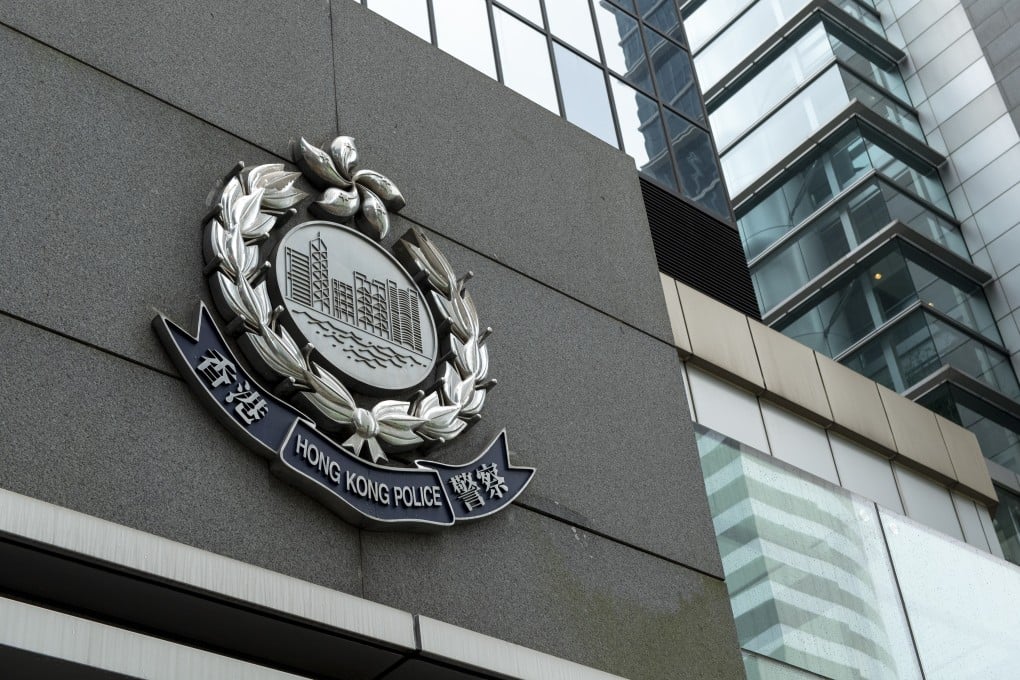Hong Kong police intercept more than US$384 million swindled from victims of internet and phone scams around world
- Some money was frozen elsewhere in Asia and in Europe when anti-fraud squad sought help from overseas authorities through Interpol, source says
- Insider warns the chance of recovering defrauded money depends on whether victims quickly realise they have been scammed

Hong Kong police intercepted more than HK$3 billion (US$384 million) conned from victims of internet and phone scams both locally and around the world in 2019, a 150 per cent increase on the amount stopped the previous year, latest figures show.
Some of the money was frozen in bank accounts elsewhere in Asia and in Europe when the city’s anti-fraud squad sought help from overseas authorities through Interpol, according to police sources.
The Anti-Deception Coordination Centre, set up in July 2017 to pool police resources to tackle scams, halted 1,174 payments of defrauded money totalling more than HK$4.45 billion to international fraudsters between July 2017 and December 2019.
The anti-fraud officers also helped 535 callers to its 24-hour helpline, 18222, from being duped in the same period, according to a police document submitted to the Legislative Council security panel for discussion.
“As in 2019, HK$3.039 billion of payments were successfully intercepted, a rise of 1.5 fold when compared with 2018,” it said.